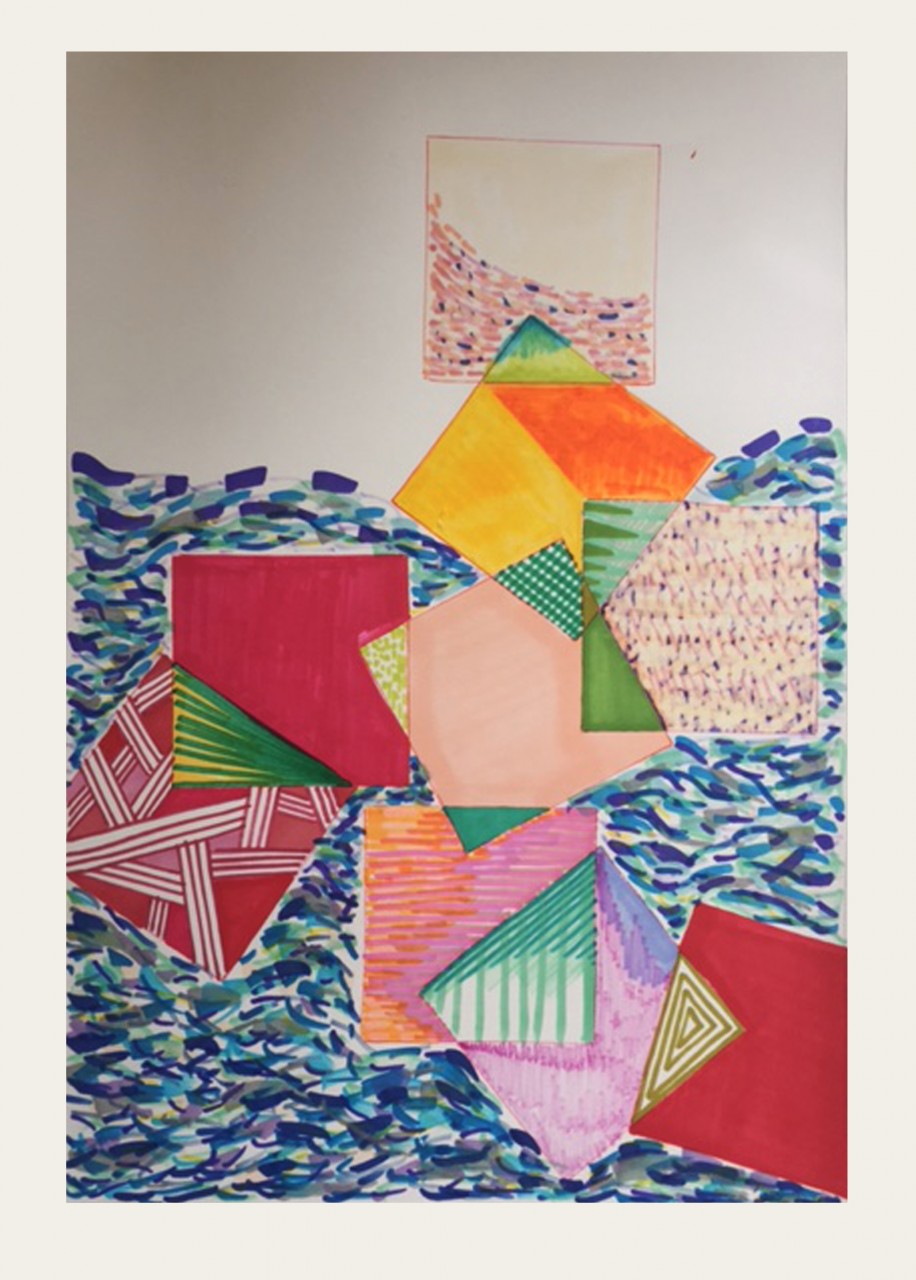Rising Threats to Civil Society - Egypt, Russia.....
Many of my friends leading human rights and anti-corruption organizations from Bahrain to Zimbabwe face rising threats from national governments and their security forces. The vice is tightening in one country after another on activists for human rights, political reform, freedom of speech, and anti-corruption.
The decrees announced by President Mohamed Morsi in Egypt now risk the undermining of legal rights and due process and will, almost assuredly, raise fears among the civil society activists who have worked so hard over the last two years to build real freedomand democracy in their country.
Meanwhile, on November 21, a new law took effect in Russia that calls on all non-governmental organizations that receive foreign funding to register as "agents of foreign influence." Most effected will be NGOs campaigning for human rights, for fair elections and democracy, and against corruption. Moreover, Russia's Duma recently also approved law №139314-5, aimed at the same NGOs that provides the authorities with a broad base from which to charge them with high treason, which could be punishable by 12 to 20 years of imprisonment.
Just as we are seeing crack-downs in Russia, so fears are solidly grounded that other governments in the former Soviet empire may follow Moscow's lead. Then, the latest actions in Egypt highlight the harsh fact that the great hope that the "Arab Spring" would see the growth of civil society across the Middle East is now, quite possibly, also fading. New regimes are tightening the screws, sometimes banning NGOs with foreign funding, and/or increasing controls on the media.
Indeed, we are seeing rising threats, or actual restrictions in rising numbers of countries that impose barriers on: NGO operations, freedom of speech, advocacy, communications, movement and assembly. Moreover, NGOs are finding the bar rising on their ability to raise funds. US AID was recently forced to close its operations in Russia, for example.
Meeting in Brasilia, Brazil, two weeks ago, representatives from over 100 national chapters of the global Transparency International anti-corruption movement exchanged chilling stories of personal experiences in the face of corrupt governments. They agreed to approve a resolution that stressed that, "Restricting the capacity of civil society organizations to operate violates the fundamental human rights of freedom of association and assembly, and curbs the right of free expression. Civil society organizations play an essential role in the fight against corruption as they are best suited to give a voice to the victims."
The Western media reports on new specific cases of restrictions on civil society but the impact of most of these news stories is marginal on the ruthless governments quashing civil rights and undermining social justice. Then, Western governments protest individual incidents as they arise, but rarely are the protests more than what amounts to the exchange of gentle diplomatic statements of concern. The ruthless governments are not impressed.
In September, the International Center for Non Profit Law published a report that provided hosts of examples of murders and jailings of civil society leaders. The report noted, for example: In September 2009, Yevgeniy Zhovtis, Kazakhstani human rights activist and member of the World Movement Steering Committee, received a four-year imprisonment sentence as a result of a politically manipulated trial related to an auto accident. In December 2009, Chinese dissident and principal author of "Charter '08" and Nobel Laureate, Liu Xiaobo, was convicted of "inciting subversion of state power" and sentenced to 11 years in prison. In June 2010, in Kinshasa, Democratic Republic of the Congo, Floribert Chebeya Bahizire, a pioneer of human rights movements across Africa, was murdered, along with his driver Fidele Bazana, after being called to meet the Inspector General of Police. Baharaini human rights activist, Abdulhadi Al Khawaja, was arrested in December 2011 and sentenced to life imprisonment for participating in "OccupyBudaiya Street," an initiative organized by protesters in Bahrain through Facebook and Twitter. Many civil society activists around the world fall victim to similar oppression every day."
Meanwhile, my friends in the TI movement are facing an increasingly perilous situation in many countries, from having their computers routinely hacked, to receiving threatening telephone calls in the middle of the night, to being picked up by the police for interrogations. One friend in Asia had his office bombed, another in Latin America recently found a bomb under his car. Nevertheless, these activists continue their vital work, attracting ever greater public interest and support. Indeed, it is their very success that makes the authorities increasingly insecure and which is now prompting a most dangerous response.
